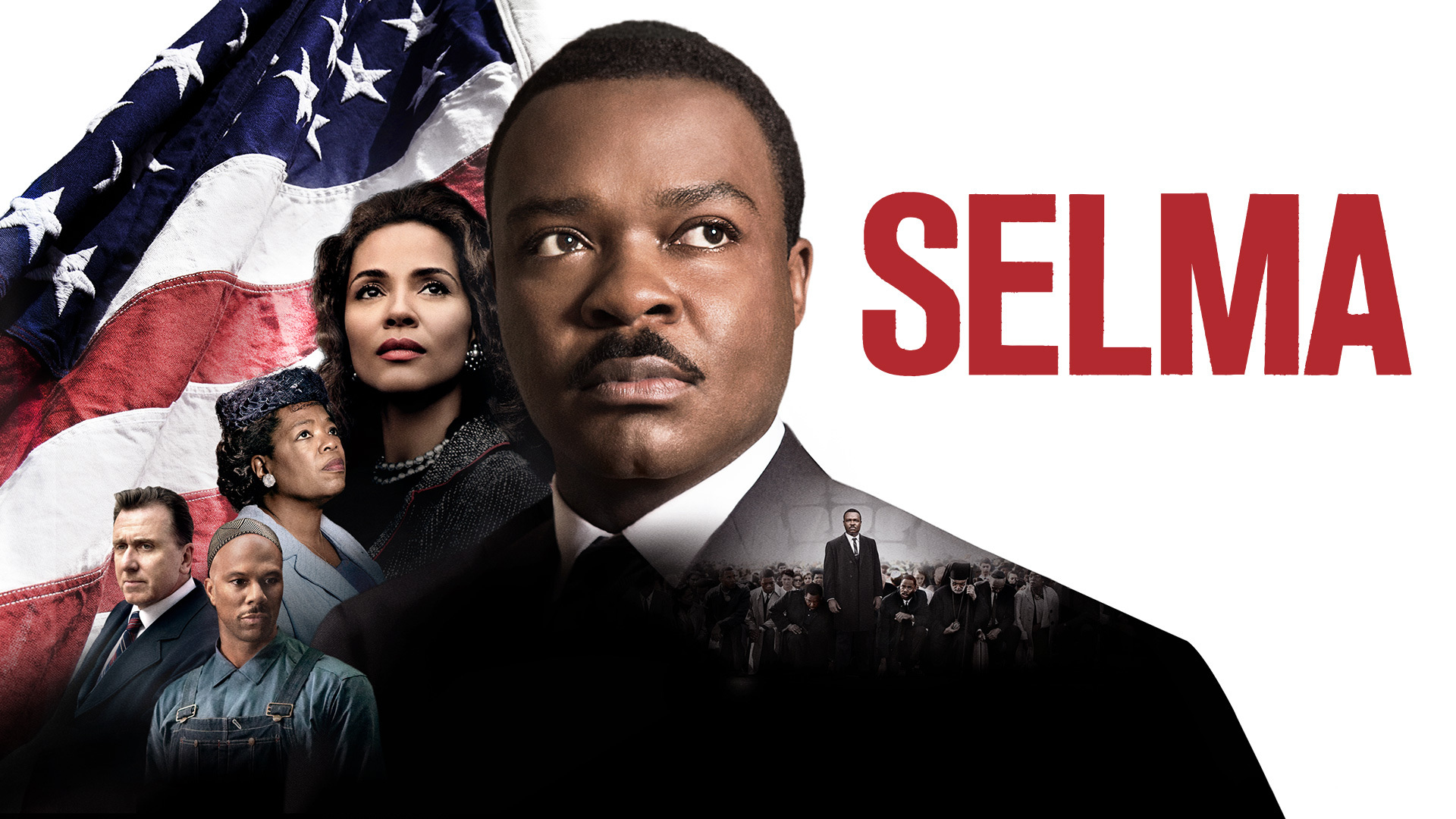
By Skye Sheehy
For one night, and one night only, Tacoma’s The Grand Cinema screened the 2014 film “Selma” — for free. The critically acclaimed historical drama tells the moving story of the 1965 voting rights marches from Selma to Montgomery, Alabama, led by Reverend. Dr. Martin Luther King Jr. The Grand Cinema, a non-profit theater, has historically shown certain films during specific times to inspire recognition and appreciation, such as during Black History Month and Pride Month. This is in line with its mission statement of enhancing the cultural vitality of the Tacoma community through film. The Grand’s website shared that this night was “in honor of the amazing life and legacy of Martin Luther King Jr.”
Director Ava DuVernay, who directed other critically acclaimed films such as “13th” (2016) and “When They See Us” (2019), told Los Angeles magazine she intended to “tell the story of an ordinary man who did some extraordinary things.” Having spent summers in Selma as a child, she felt a unique connection to the humanity behind the myth of Dr. King. DuVernay also incorporated her personal perspective by featuring themes of female empowerment throughout the movie, with a prevalent exploration of Coretta Scott King’s role in the movement, as well as prioritizing a “reverence for the girls” as opposed to “the gusto of [the] violence” when portraying the 1963 Birmingham church bombing. This sensitivity and unique perspective elevated the movie from standard biopic territory to an acclaimed depiction.
RogerEbert.com complimented “Selma” for “suggesting that the reverence for Dr. King was bestowed on a person no different than any of us. If he can provoke change, we have no excuse not to as well.” The Chicago Sun-Times praised it as “an important history lesson that never feels like a lecture,” and added that “every junior high school class in America should take a field trip to see this movie.” The humble depiction/portrayal in “Selma” of the inner workings of the civil rights movement can prompt critical discussions among students and help them understand the motivations and actions of the famous march.
Besides being an educational resource, the movie’s release prompted discussion amongst social justice scholars regarding its impact on the audience. According to Diverse: Issues in Higher Education magazine, the connections the film makes to the wider struggle for civil rights in America may help sharpen the sense of purpose and strategy that young Americans are developing as they participate in protests sparked by the Black Lives Matter movement.
African American Studies Professor Renee Simms echoed the value of projects like “Selma,” commenting on the importance of film to social justice today. “Film is the text of our time,” she said. “The collective experience of seeing something in a theater can be very persuasive.” However, Simms added that while dramatized versions of history are valuable, the importance of documentaries in representing people and events cannot be overstated.
The Grand Cinema’s special screening of “Selma” for Martin Luther King Jr. Day showcases their continued dedication to harnessing the power of films as a tool to inspire social change. In a time of great chaos and proliferation of unsettling news, it is admirable that The Grand Cinema remains committed to spreading stories of hope and justice.
